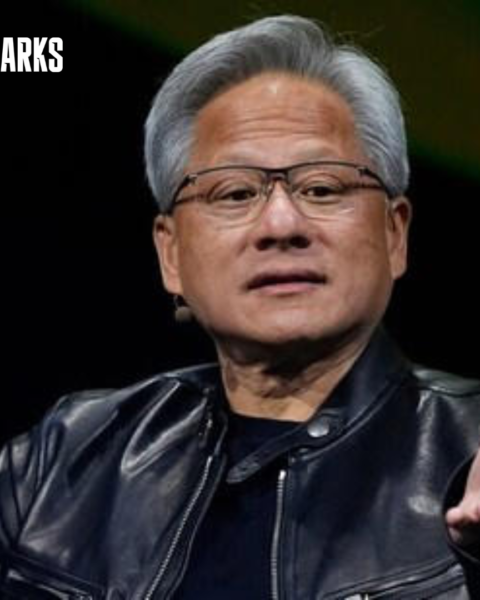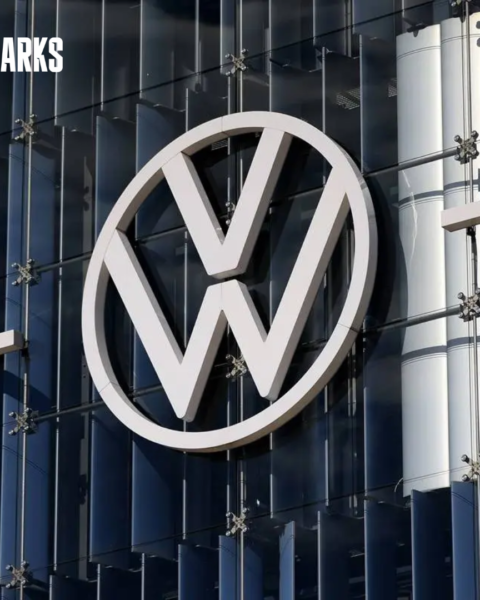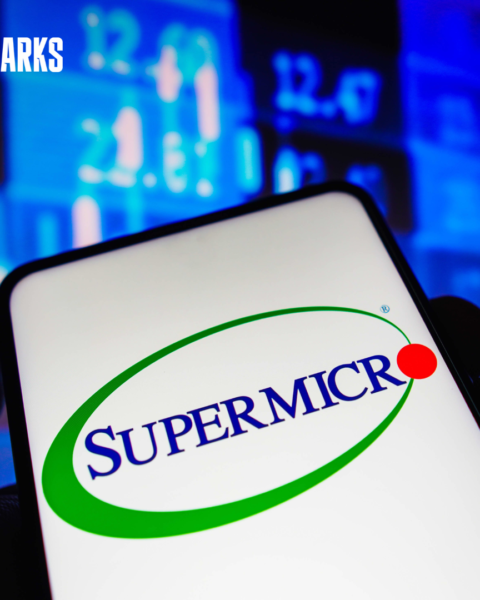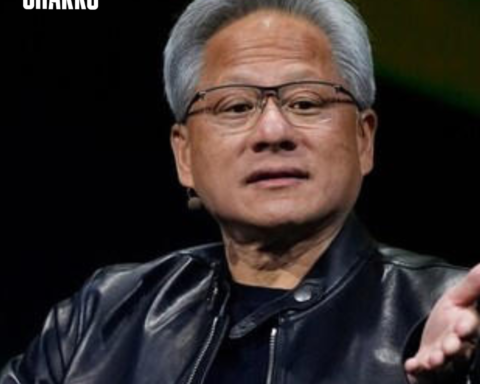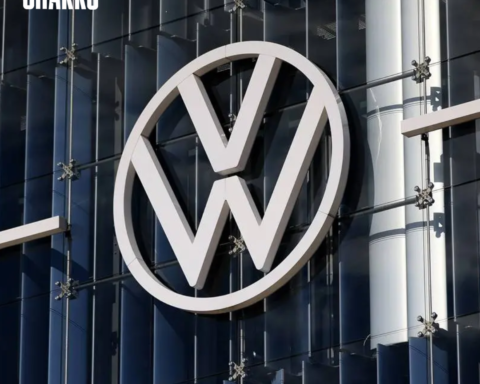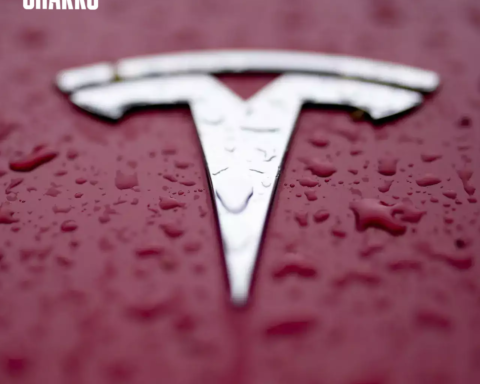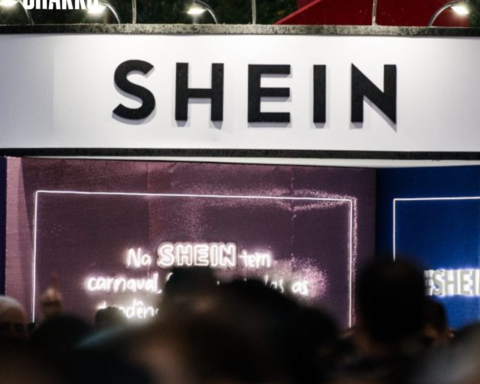European Commission Expected Tariffs on Chinese Electric Vehicles

The European Commission is poised to announce provisional tariffs on Chinese electric vehicles (EVs) by June 5, which could represent a significant cost increase for Chinese EV manufacturers exporting to Europe.
The anticipated tariffs, likely ranging from 9% to 26%, would add billions of dollars in new expenses for the Chinese EV industry, which is already facing profit margin challenges at home.
Mutual Interests and Negotiation Dynamics:
Both Europe and China have compelling reasons to negotiate a compromise:
- Chinese EV Industry: Needs profitable exports to sustain its growth and offset declining margins in the domestic market.
- European Automotive Sector: German automakers, in particular, seek access to China’s vast auto market and valuable EV partnerships to reduce costs and enhance competitiveness.
Based on 2023 trade data, an additional 10% tariff on top of the existing 10% levy could cost Chinese EV exporters around $1 billion. This financial burden will likely increase as Chinese manufacturers expand their presence in the European market.
Historical Context and Expected Outcomes:
Previous EU investigations into Chinese imports have led to extra duties ranging from 9% to 26%. These duties are set to take effect from early July and may be applied retroactively for the three preceding months.
China is preparing countermeasures, including:
- Potentially increasing tariffs on large-engine car imports to 25%.
- Consider lowering tariffs on EU auto imports from 15% to 10%.
Challenges and Criticisms:
The European Commission has criticized Chinese companies like BYD, SAIC, and Geely for not providing sufficient information during the subsidy investigation.
The investigation has faced scrutiny for demanding data that Chinese automakers found difficult to supply, including information on suppliers like CATL.
Despite the tensions, there is an opportunity for negotiation. The China Chamber of Commerce to the EU has indicated a willingness to discuss and possibly resolve the issue.
Analysts predict that China will use a combination of incentives and threats to persuade key EU member states to oppose the Commission’s tariffs.
Broader Trade Relations:
The European decision follows the United States’ move to quadruple tariffs on Chinese EVs to 100%, which Tesla’s Elon Musk criticized.
As the largest EV exporter from China, Tesla also faces significant implications from potential higher EU tariffs.
Share This
Tony Boyce is a seasoned journalist and editor at Sharks Magazine, where his expertise in business and startups journalism shines through his compelling storytelling and in-depth analysis. With 12 years of experience navigating the intricate world of entrepreneurship and business news, Tony has become a trusted voice for readers seeking insights into the latest trends, strategies, and success stories.

